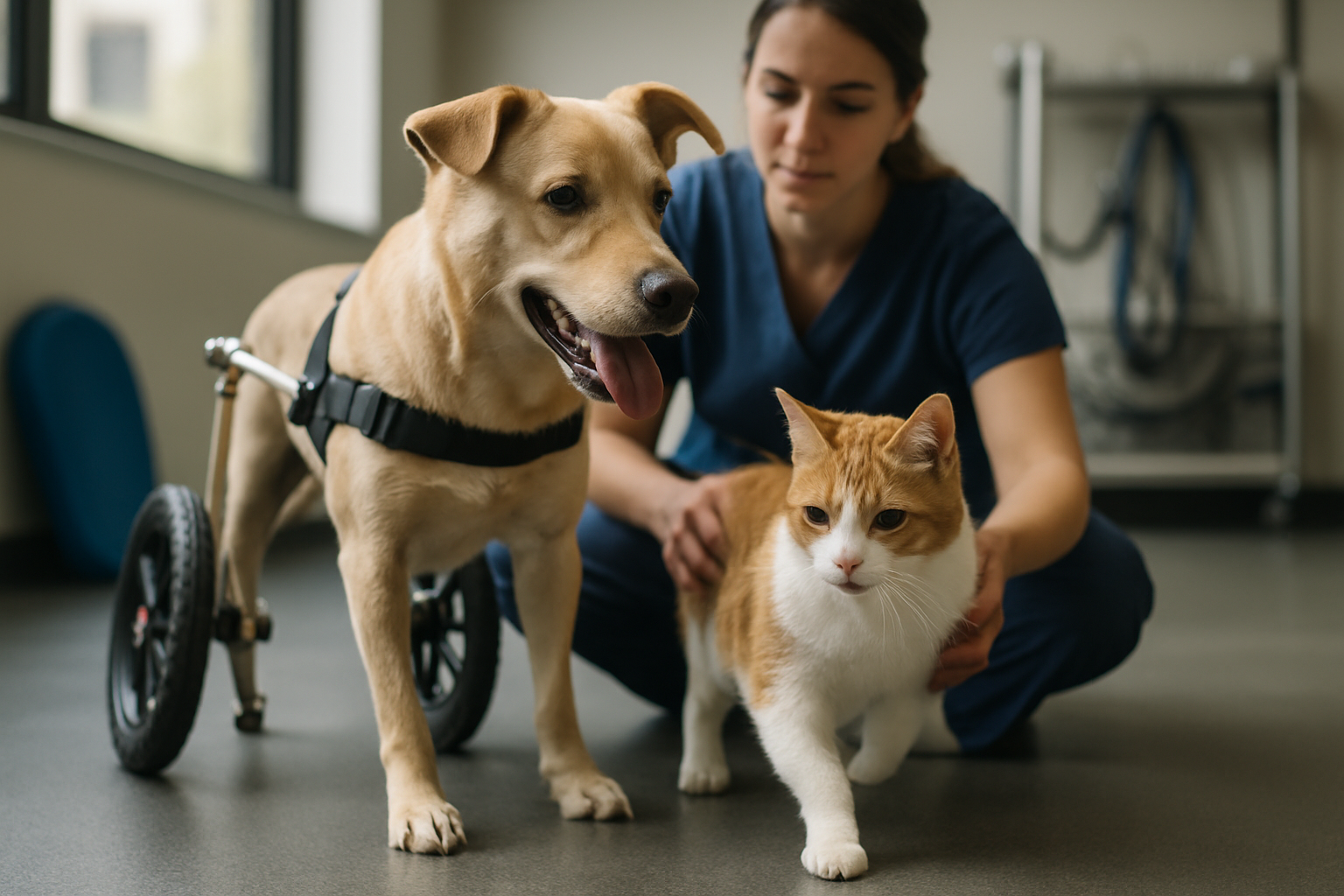Integrating preventive health checks into routine care schedules
Regular preventive health checks help detect early signs of illness, address welfare concerns, and reduce stress for animals in home and managed care. Integrating these checks into daily and weekly routines creates consistent habits for caretakers, supports longer-term wellbeing, and makes emergency responses more effective when problems arise.

Regular preventive health checks are the backbone of responsible animal care. Establishing a predictable schedule for brief daily checks and more detailed weekly or monthly reviews helps caretakers notice subtle shifts in behavior, appearance, or mobility before they become emergencies. Consistent monitoring supports nutrition plans, grooming routines, enclosure maintenance, and training goals while building a documented baseline for each individual animal.
This article is for informational purposes only and should not be considered medical advice. Please consult a qualified healthcare professional for personalized guidance and treatment.
Enclosure, substrate, and quarantine checks
Routine checks of an animal’s enclosure and substrate reduce risks of injury, infestation, and disease. Inspecting enclosure integrity, ventilation, and cleanliness during daily rounds prevents escape hazards and identifies wear. Substrate condition affects respiratory health and footpad integrity for many species; replacing or spot-cleaning substrate as scheduled is essential. When introducing new animals, a formal quarantine period with focused daily checks helps detect transferable issues and protects resident animals.
Nutrition and grooming: routine assessments
Monitoring body condition, coat quality, and feeding behavior should be part of weekly or biweekly assessments. Compare an individual’s weight or body condition to documented baselines and adjust nutrition plans accordingly. Regular grooming tasks—such as nail trims, coat brushing, or shell cleaning—offer a close opportunity to examine skin, oral health, and signs of parasites. Good records of nutritional changes and grooming findings inform longer-term dietary or veterinary decisions.
Behavior, training, and enrichment monitoring
Behavioral changes often signal underlying health or welfare concerns. Integrate short behavioral observations into daily care: note appetite, social interactions, activity levels, and responses to familiar training cues. Ongoing training sessions serve dual purposes by reinforcing handling skills and revealing mobility or cognitive shifts. Track enrichment use to ensure items remain appropriate for the animal’s age, species, and current condition.
Healthcare and emergency preparedness
Scheduled checks should include a review of vaccination status, parasite prevention, dental inspections where possible, and any medication adherence. Maintain a simple checklist for medications, recent vet visits, and notable findings to avoid missed treatments. Emergency preparedness—such as having transport carriers, contact numbers for local services, and a basic first-aid kit—should be evaluated periodically so responses are timely and efficient when incidents occur.
Transportation and stress mitigation
Transport can be a significant source of stress and health risk. Before scheduled trips, perform pre-transport checks: verify carrier integrity, confirm temperature control, and review fasting or feeding instructions recommended for the species. Acclimating animals to carriers through short, positive exposures during routine care reduces stress on the day of travel. After transport, add targeted checks to monitor for shock, respiratory issues, or behavioral changes.
Sustainability and long-term record keeping
Incorporating sustainability into routine care means choosing durable, low-waste supplies and tracking resource use such as substrate, feeding supplies, and enrichment materials. Maintain concise records of all preventive checks—dates, findings, actions taken, and any follow-ups—so trends are visible over months and years. Clear records support continuity of care across caretakers and inform sustainable choices that reduce waste while preserving animal wellbeing.
Consistent preventive checks integrated into daily and scheduled routines create a robust framework for early detection and ongoing welfare management. By combining observations of enclosure conditions, nutrition, behavior, grooming, training, and transportation readiness with healthcare planning and proper documentation, caretakers can reduce risks and respond more effectively when issues arise. Regular, practical record keeping reinforces these efforts and supports sustainable, informed care decisions.





